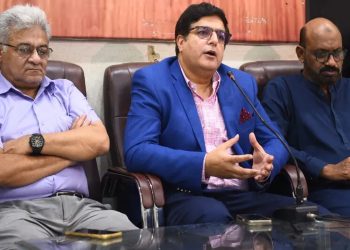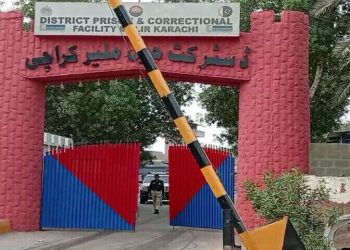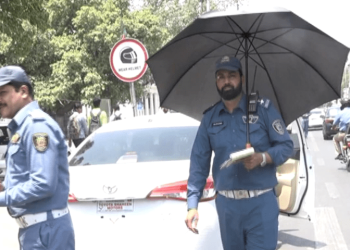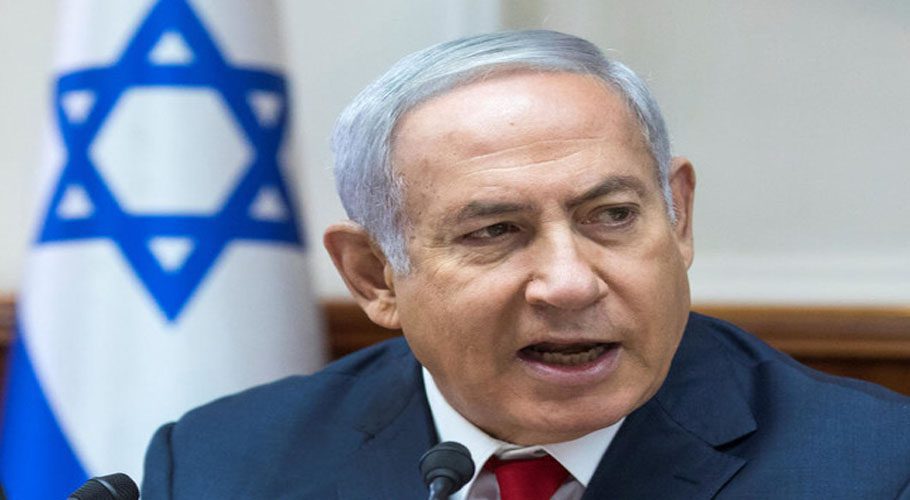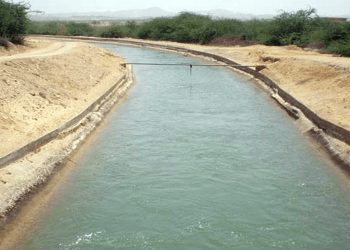Two days earlier, Pakistan Muslim League-Nawaz (PML-N) President Shehbaz Sharif was elected as the 23rd prime minister of Pakistan, marking his return to power as premier as a pinnacle of his relentless efforts against the former government.
As President Arif Alvi excused himself to administer the oath to Mr Sharif on health grounds, Senate Chairman Sadiq Sanjrani performed this constitutional duty.
Although Sharif claims he has not committed a single act of corruption, his detractors say the accusations of corruption are true. The PTI had also raised objections to his nomination papers which were rejected.
Who is Shehbaz Sharif?
Born in Lahore in 1950, Shehbaz is the younger brother of PML-N supremo and thrice-elected prime minister Nawaz Sharif.
He has served three times as Punjab’s chief minister. Shehbaz previously held the post from 1997-1999, before former military ruler Pervez Musharraf exiled the Sharif brothers to Saudi Arabia, and then again from 2008-2013 and then from 2013-2018.
Considered a workaholic, Shehbaz liked to call himself Khadim-i-Aala (chief servant) rather than chief minister. After his win in the 1997 election, Shehbaz earned the opportunity to serve the largest province of the country for the first time and remained its chief minister until Musharraf’s military coup in 1999.
Following his return from nearly a decade-long exile, Shehbaz became chief minister of Punjab for the second time after the PML-N won the majority number of seats in the province in the 2008 election.
In 2008, Shehbaz won three Punjab Assembly seats (PP-159, PP-161 and PP-247) and one National Assembly seat (NA-129), however, he opted to retain PP-159. The Metro Bus projects in Punjab are frequently touted as his biggest achievements.
His son, Hamza Shehbaz Sharif, serves as an MPA and is a candidate for Punjab’s next chief minister. He served as the opposition leader in the Punjab Assembly during the PTI’s tenure.
In 2018, Shehbaz contested election on multiple NA seats but won NA-132 (Lahore) only. He also won two Punjab Assembly seats (PP-164 and PP-165).
What are the corruption allegations against him?
Ashiyana Housing Scheme: The Punjab government’s controversial Ashiyana housing projects were launched in 2010. Shehbaz Sharif was accused of ordering the cancellation of a contract given to successful bidder Chaudhry Latif and Sons for the low-cost housing scheme, which led to the subsequent award of the contract to Lahore Casa Developers, a proxy group of Paragon City Private Limited, resulting in a loss of Rs193 million.
He is also accused of directing the Punjab Land Development Company (PLDC) to assign the Ashiyana-i-Iqbal project to the Lahore Development Authority, which awarded the contract to Lahore Casa developers, causing a loss of Rs715m and the ultimate failure of the project.
NAB also accused Shehbaz of directing the PLDC to award the consultancy services contract for the Ashiyana-i-Iqbal project to Engineering Consultancy Services Punjab for Rs192m, while the actual cost was supposed to be Rs35m as quoted by Nespak, a renowned engineering consultancy.
Assets beyond means: On 28 September 2020, Shehbaz was arrested by the National Accountability Bureau on charges of laundering over ₨7,328 million in a systematic scheme involving close associates and family members.
The Bureau had previously frozen 23 different properties belonging to Sharif, his son, and other family members, claiming that these assets were acquired beyond known sources of income.
The NAB alleged that the Shehbaz Sharif family used fake transactions to receive foreign funds, with the transactions being made through a company owned by Sharif’s son-in-law, Haroon Yousaf.
Shehbaz remained incarcerated pending trial. He was temporarily released on parole to attend his mother’s funeral prayers in November 2020. On 14 April 2021, he was released on bail in a money laundering reference by Lahore High court.
Ramzan Sugar Mills Case: According to the NAB, Shehbaz Sharif, when he was Punjab chief minister, had issued a directive for the construction of a drain in Chiniot district primarily to benefit the sugar mills owned by his sons.
The PML-N president misused his authority as Punjab chief minister to benefit factories owned by his sons, a senior official said. The bureau alleges that Shehbaz and Hamza have “fraudulently and dishonestly” caused a Rs213 million loss to the national exchequer.
Hudaibiya Paper Mills case: The 2000 Hudaibiya Paper Mills money laundering reference was initiated on the basis of an April 25, 2000 confession statement from Ishaq Dar, wherein he admitted to his role in laundering money to the tune of $14.86 million on behalf of the Sharifs through fictitious accounts.
The witness was, however, pardoned by the then NAB chairman. LHC referee judge Justice Sardar Shamim had quashed the reference on March 11, 2014 on the grounds that if a re-investigation was allowed against the Sharif family, it would provide an opportunity to investigators to pad up lacunas.
The LHC had quashed the case as the PML-N continued to claim that Dar’s statement was taken under duress.
While Nawaz was not named in the interim reference filed in March 2000, in the final reference against the Hudaibiya Paper Mills — approved by then chairman NAB Khalid Maqbool — the bureau had accused Nawaz Sharif, Shahbaz Sharif, Abbas Sharif, Hussain Nawaz, Hamza Shahbaz, Shamim Akhtar, Sabiha Abbas and Maryam Nawaz.







